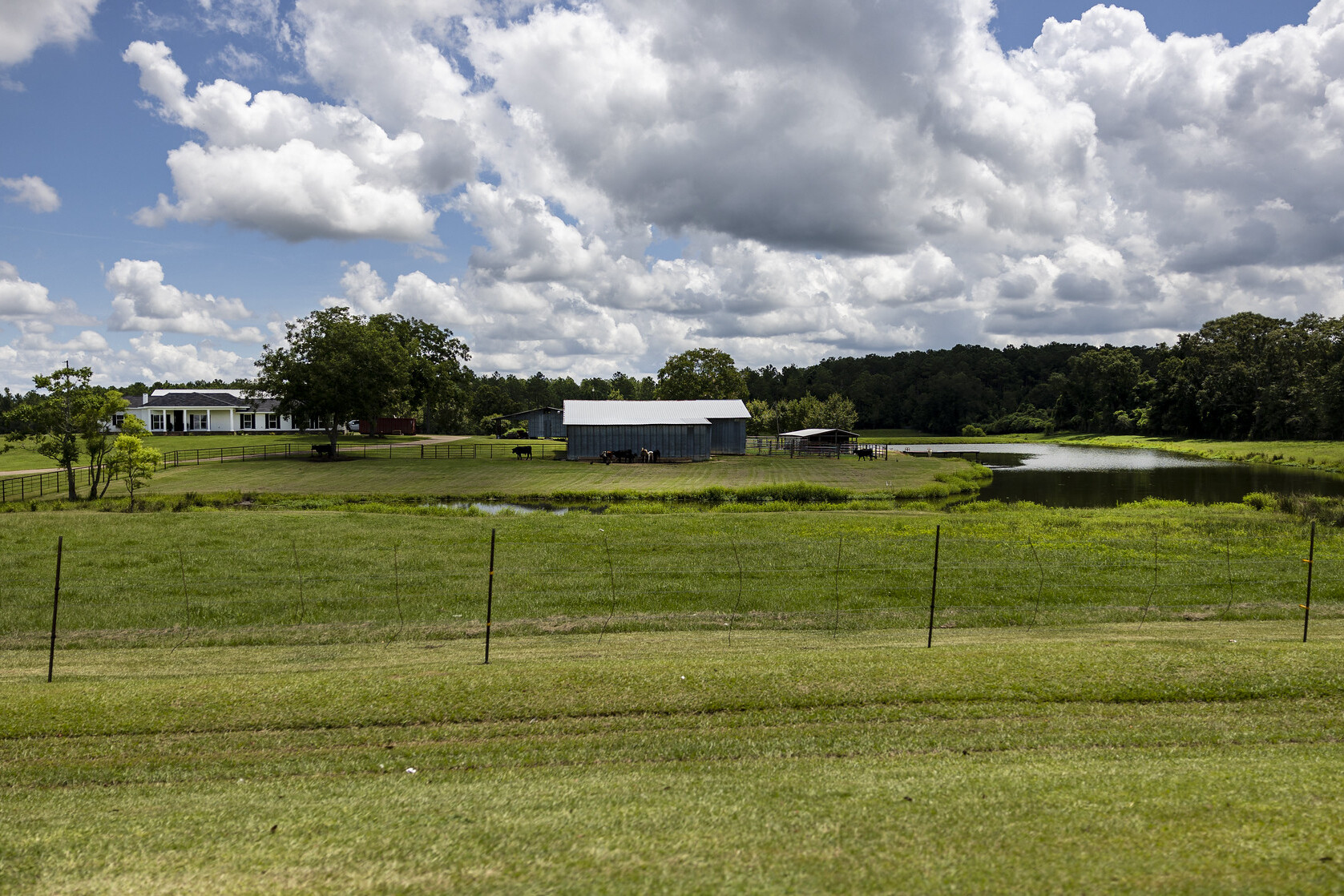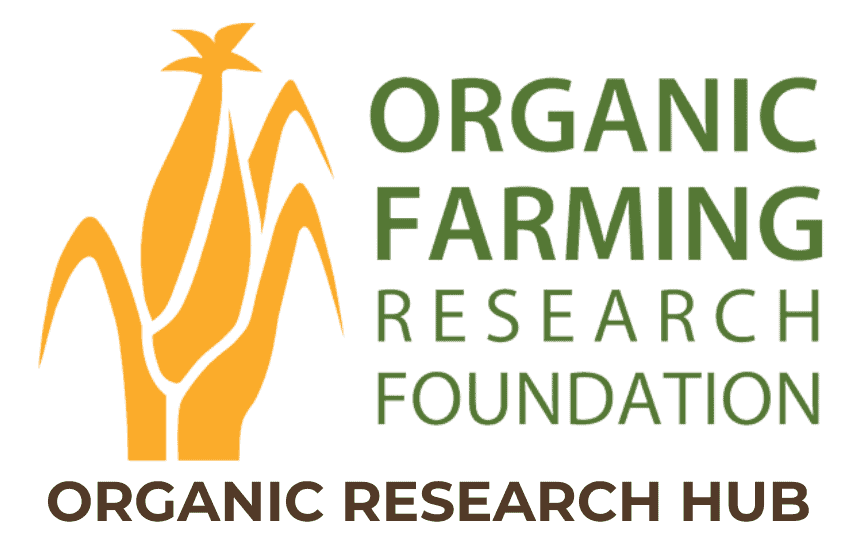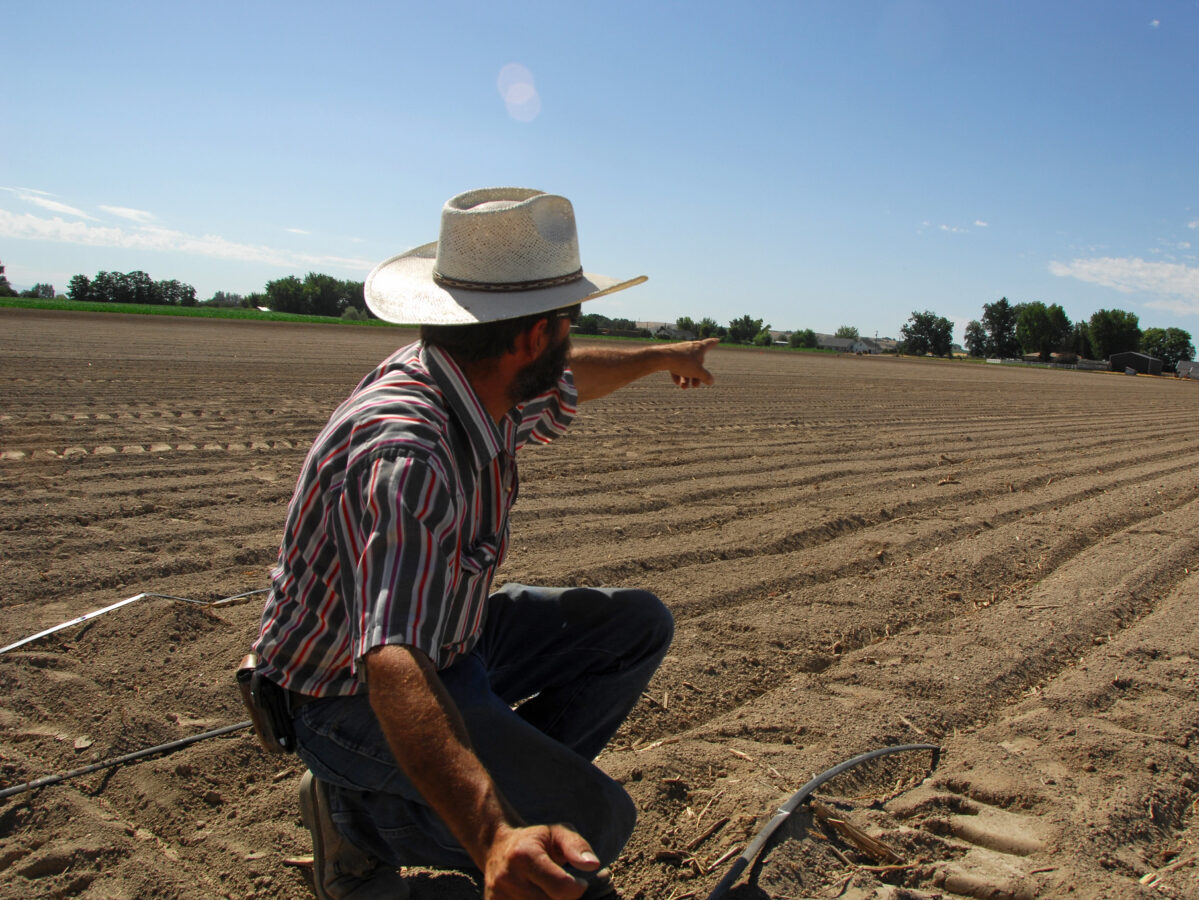Plant-based Nutrient Management for Socially Disadvantaged Farmers
Aysha Peterson, University of California, Santa Cruz

The aim of this project was to promote the broader adoption of organic plant-based nutrient management practices, such as cover crops, by gathering information to support farmer assistance services for organic Latina/o farmers in California’s Salinas Valley. The research focused on several key questions: (1) How do organic Latina/o farmers in the Salinas Valley learn about and apply plant-based nutrient management practices? (2) What challenges do these farmers face at the field level when utilizing these practices, and what strategies do they employ to overcome these obstacles? (3) What economic, educational, and infrastructural barriers hinder the successful use of plant-based nutrient management practices? (4) How do responses differ based on structural factors and social stratification, such as age, gender, and occupational background?
In collaboration with the Agriculture and Land-Based Training Association, five focus groups were conducted with farmers to gather qualitative data that would help answer these questions. Participant observations were also made, to support the findings from the focus groups. The results indicate that farmers encounter several field-level barriers to implementing plant-based nutrient management practices, which regional technical assistance providers can quickly address. Furthermore, the findings reveal structural barriers that need to be tackled through a more comprehensive reimagining of the agricultural industry.
Region
West/Southwest
Topic
Soil Health, Crop Nutrient Management, Cropping Systems
Category
Vegetables/Fruits, Grain and Field Crops
Date Range
2011-2020
Funding Amount
$17,596
Funding Year
2019Location
Santa Cruz, California
Collaborators
Nathan Harkleroad, Program Director, Agriculture and Land-Based Training Association



